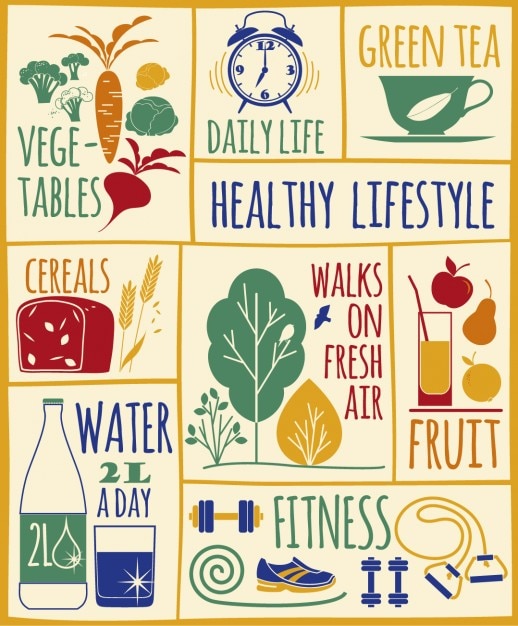A January 8th post from the New York Times indicates that typically genes only influence about 25% of our longevity, but once a certain age is reached genetics become much more important. Recent studies have shown that veterans strictly following eight beneficial behaviors could only expect to live to 87 years. Although that is almost a decade longer than the average lifespan, it is still not 100 years old. The research proposes that the longest-living individuals do not lead exceptionally healthy lives but rather have some of the same habits most average Americans do. In some of the families studied, the longer-living individuals had negative habits like smoking, but beneficial genes that reduced their risk of age-related disease. For example, the APOE2 gene which predicts a decreased chance of developing Alzheimer’s disease is more prominent in longer-living families than the general population which has a higher frequency of the APOE gene that indicates an increased risk for developing Alzheimer’s. The research concludes that only a small percentage of the population has the genetics to keep them alive for a century, aligning with the small number of individuals who celebrate their 100th birthday. So, the researchers warn not to take health advice from the oldest people alive because their habits are probably not the reason they have lived as long as they have.
The idea that genes control how long we live is something that makes sense when you consider some of the crazy habits the world’s oldest people attribute their long lives to. Some of the foods that contribute to longevity according to these people are salmon, chocolate, and ice cream. Arguably, one bowl of ice cream will not kill you, but everything is better in moderation, so having a bowl of ice cream every day for 100 years is probably not the healthiest choice. Without knowing whether we as individuals carry genes that will decrease our risk of disease and help us live longer lives, I think it would be beneficial to live a healthy lifestyle that will help us live to the age when genes become more important to survival. After reading this article, I am intrigued to learn more about this topic as the research progresses.
Links
https://www.nytimes.com/2025/01/08/well/longevity-influences-genetics-lifestyle.html?searchResultPosition=1
https://www.mirror.co.uk/news/weird-news/bizarre-secrets-worlds-oldest-people-32500327








